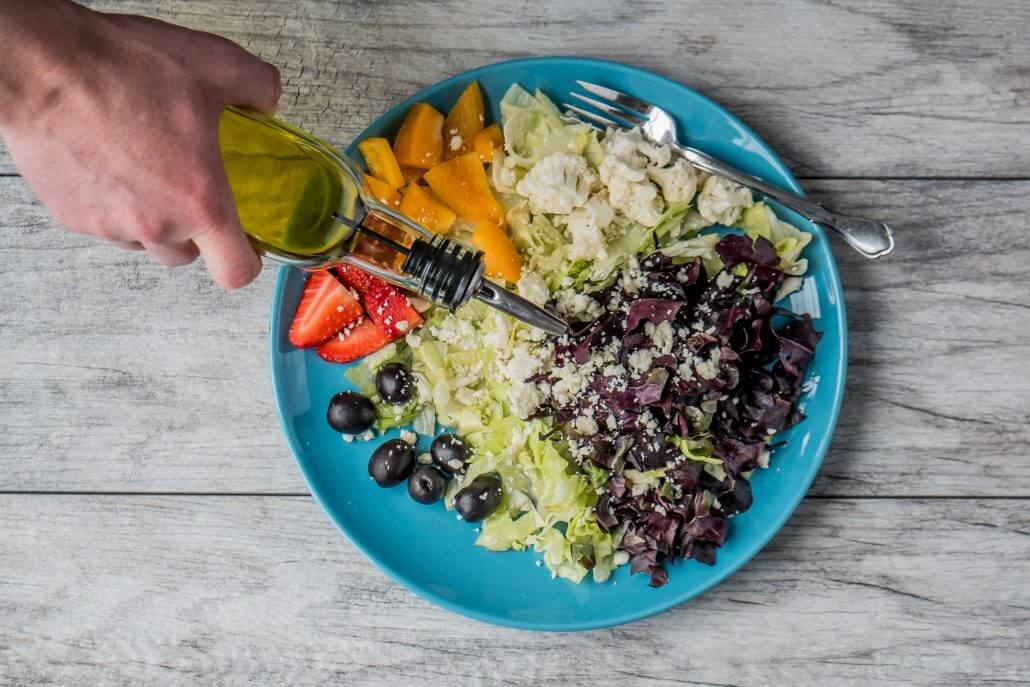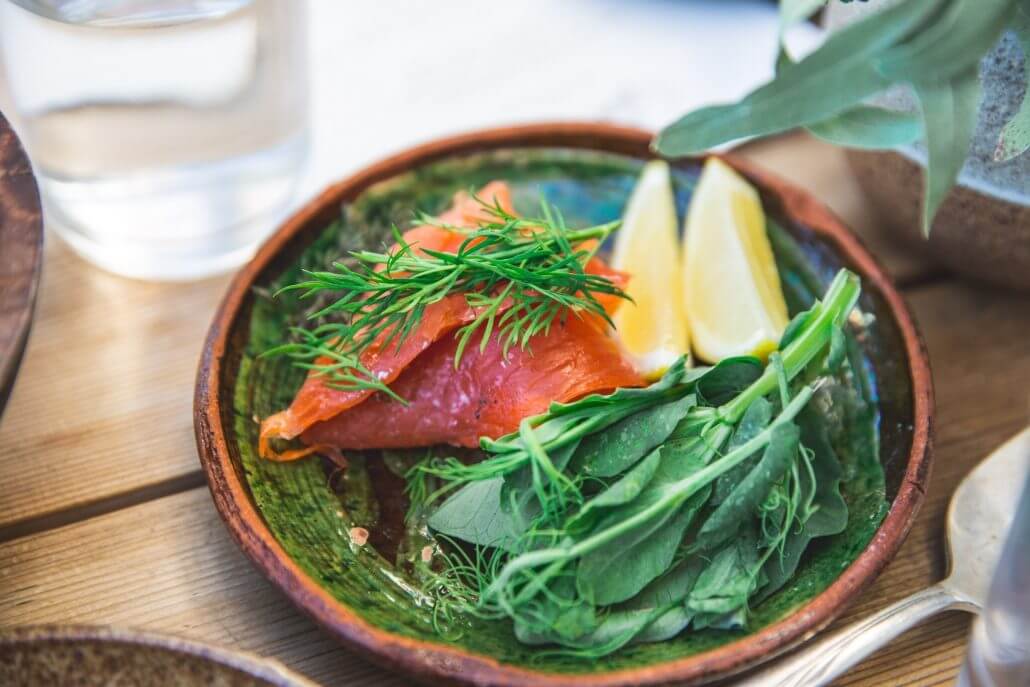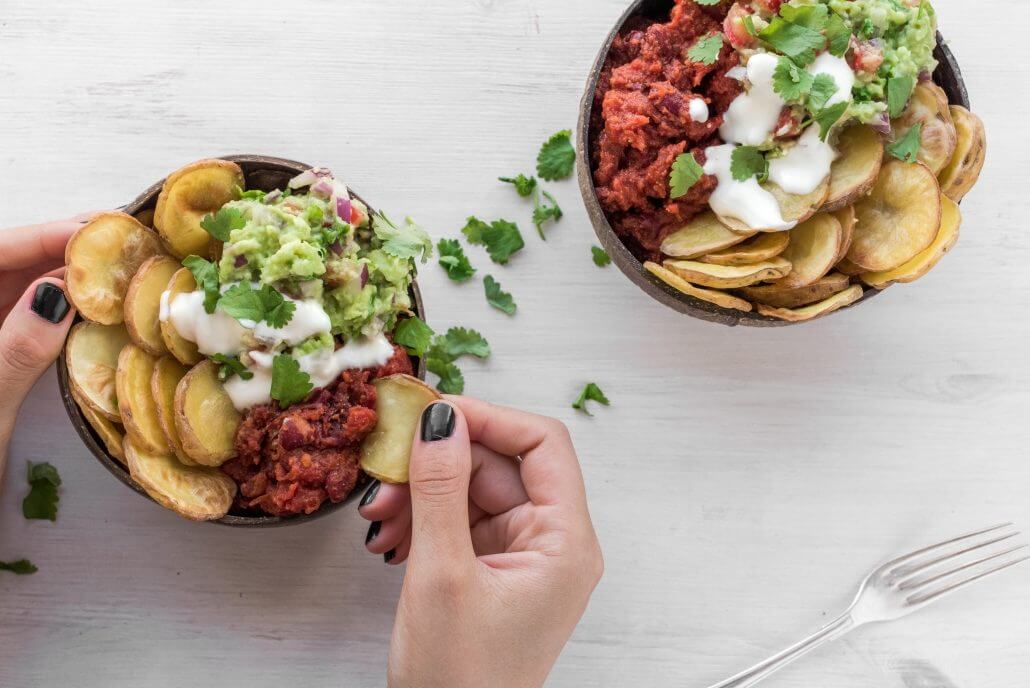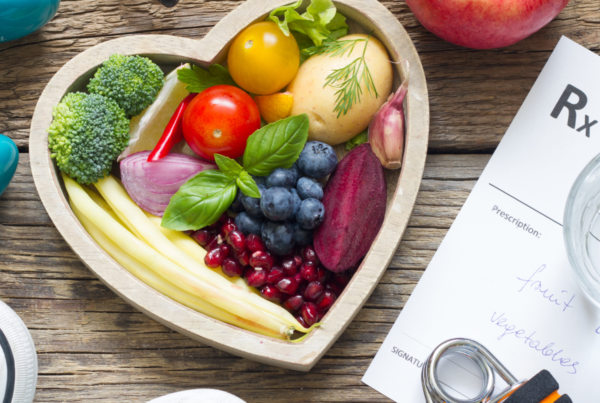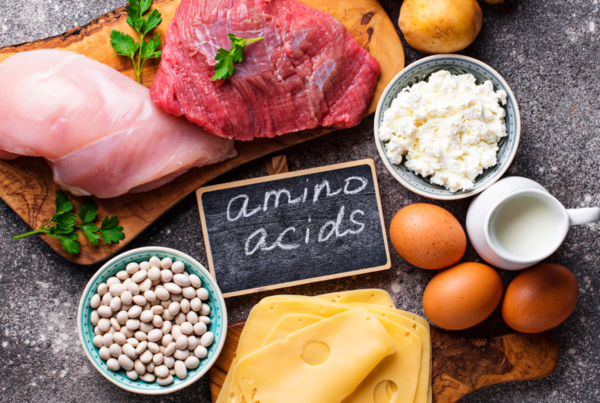Eating Behaviors and the Brain Part 16
This will be our last post in this series. We’ve covered a lot of ground and discussed how your brain regulates your eating behavior, and how your body weight is not under your conscious control, but is determined by genetics, hormones, and neurotransmitters in your brain. We’ve also discussed the human reward system, and how it can be manipulated so that we become addicted to certain foods and other substances.
It doesn’t matter how far down the road of a chronic disease you’ve gone, or what circumstances have impacted you that have created medical conditions. These principles work for everyone. Eating nourishing food, and rejecting disease-causing food, will help everyone, regardless of their specific situation.
This is also an issue of economic justice. There are areas of our country where people, especially children, have no access to the foods that would make them well. This affects their metabolism, health, and brain development. We then end up treating these individuals from a medical perspective when all they really need is good nutrition.
If a healthy food is in your house, you, someone you love, or a friend will eventually eat it. Keep healthy foods at home. Be mindful about eating. Chew thoroughly. Let food serve you. Don’t become a slave to your food.
I really hope we’ll help one another, and that you’ll share these posts if you know anyone struggling with eating behavior. But I also want to make it clear there are things we can do together, and I’ve hinted at it throughout this series, but I’m just going to list them right now. Just think about each of these next steps that you could take, starting today, that could begin to restore your relationship to food, and give you back control of your eating behaviors, to be fully set free to eat according to your highest desires.
9 Strategies That Will Change Your Health
-
Recognize that your body is a complex system. You have to think long-term, and you have to think holistically. This is not a short journey. It’s not an overhaul-everything-in-a-few-days-or-a-few-weeks event. This is about experiencing your best health starting today and for the rest of your life. What you eat today affects the next day. What you eat in the morning can impact what you eat in the evening. If you begin to just restrict calorie intake starting with a fad diet on a Monday, by Friday, your body will already be finding ways to get back that energy.
You have to be in it for the long haul, and you have to be about the consistent effort. Remember the 80/20 rule. Be patient. Forgive yourself. If you feel like you backtrack, do not look at this through the lens of success or failure, only a journey you’re on, because you’re attached to your best health.
2. Eat whole foods that have been minimally processed, and are as close to their natural environment as possible. Remember, these foods are not hyper-rewarding, or hyper-palatable, but they still taste good. It’s much harder to overeat these or binge on them. They do not create leptin resistance or inflammation in your hypothalamus that adds to this problem. They can actually help the whole system reset so you have normal regulation of appetite.
This is the path of freedom, to reject the nutritional stressors and begin to embrace whole, natural foods that we’ve listed both in prior posts and in our resources. You don’t have to follow a low-carb or a low-fat diet, you just have to eat real food, and then let your body teach you what’s best for you. You’ll get the nutrients you need to improve performance and you’ll get the fiber you need to help feed your gut microbiome and restore normal bowel function. You’ll feel better. Try to do this most of the time. Even when you’re tempted to eat a food that’s not good for you, start by snacking on some organic nuts, or non-starchy vegetables, chew it thoroughly, drink some water, take a walk, meditate. I guarantee you the urge or craving will pass.
3. Eat healthy portions of protein. Protein is an all-star at promoting satiety. However, remember that glutamate or proteinaceous flavors can trigger binge eating. The glutamate flavor is found in certain foods like bacon as well as cheeseburgers. I’m not picking on those foods. I’m just suggesting that it’s easier to overeat them. But if you eat lean protein from healthy animals or plant-based sources, it will promote satiety. It delays gastric emptying. It increases metabolism to digest it properly, and it provides important building blocks.
I want to stop for a moment and honor the complexity of diets. Many of my patients who are trying to reverse insulin resistance, or have other health issues, will actually follow a lower-carbohydrate, higher-fat diet that’s moderate in protein. We do this for specific reasons. High protein diets can end up creating increased insulin, and also protein can be converted to sugar in the body. This is beyond the scope of this series to teach this specific issue, but it’s just important to understand diets must be individualized. I do talk about this more in my book, Authentic Health, plus the additional resources we have on ketogenic diets and fasting.
Just think about each of these next steps that you could take, starting today, that could begin to restore your relationship to food, and give you back control of your eating behaviors, to be fully set free to eat according to your highest desires.
For now, know that if you’re trying to naturally control your appetite and restore normal eating behavior, protein is your friend. It can be from a plant-based or an animal-based source, but it must come from a healthy source. You must chew it thoroughly and let it naturally satiate you.
4. Eat plenty of vegetables, especially non-starchy vegetables. Vegetables, especially the deeply colored ones, are very healthy. They provide volume and fiber, and they’re dense in nutrients and have very little calories. They minimally trigger insulin responses, and they have fun textures, such as crunchiness. Almost all of us undereat vegetables. Vegetables, as much as possible, should be vine-ripened, as local as possible, and organic. We have a list of those that really need to be organic in the book, Authentic Health, and on our website.
Vegetables will become your friend. Learn to like them. You can graze on them, eat them throughout the day, learn to cook them, and season them with different spices. You will learn to love them, and love the nutrients they provide for you. Many times, when people begin to follow a ketogenic or a fasting style of eating, one of the number one mistakes they make is not to include enough vegetables. They focus on fats and proteins and do not add the healthy vegetables that would actually make that type of diet much more nourishing for them.
Everybody should increase their intake of vegetables, especially our children.
Learn to like them. Learn to appreciate the nutrient value.
5. Get healthy fats, and healthy sources of carbohydrates from whole, non-processed foods. If you’re going to follow a diet that contains carbohydrates, you want to look for non-GMO true whole grains, often called ancestral grains because they’re what our ancestors would have eaten. These include legumes that have been properly prepared, and tubers, such as potatoes, sweet potatoes, beets, and other healthy sources of carbohydrates. You want to keep these organic, and you want to keep your portions appropriate. Eating a lot of carbohydrates can, in fact, trigger insulin responses. They can work against you if you’re trying to reverse diabetes. However, most individuals, if they’re eating healthy, fibrous, nutrient-dense carbohydrates, they’ll find their bodies do just fine. There is no evidence that eating a diet in natural, non-processed carbohydrates contributes to weight gain. There’s ample evidence that processed carbohydrates trigger weight gain, through the direct hormonal response of eating.
Also, consider fruit a source of carbohydrate. It’s a source of sugar. You should eat healthy, organic fruits, especially berries. However, you should limit your portions to 1-2 a day. If you’re trying to reverse a blood sugar issue, you may need to reduce it further. You should also think about fruit as something to be eaten in season, when it’s local. I have a list of super-foods available on my website. These are the fruits that contain such high levels of flavonoids that they can help with arthritis and systemic inflammation.
Even when you’re tempted to eat a food that’s not good for you, start by snacking on some organic nuts, or non-starchy vegetables, chew it thoroughly, drink some water, take a walk, meditate. I guarantee you the urge or craving will pass.
6. Regarding fats, it’s incredibly important that you get the sources of your fat right. Highly processed, industrialized oils such as canola oil, corn oil, soybean oil, vegetable oil, sunflower oil, cottonseed oil, and others are a major source of disease in our population. These fats are processed in such a way that they deteriorate and become rancid, and they’re essentially trans fats. They create systemic inflammation, and they’re terrible for us. There’s good evidence they may be one of the number one contributors to chronic inflammation and chronic diseases. They are in 60% of the calories of the average American diet. These fats must go. And they’re in most processed foods, restaurant foods, and salad dressings.
You need to replace them with healthy, properly delivered fats such as pure extra virgin cold-pressed olive oils, avocado oils, coconut oils, grass-fed butter, flax oil, and walnut oil. I have a list of these fats available on our website. This is one of the most important things you can do. Try to eat healthy portions of avocados, nuts, and seeds, and fatty fish that can give you the healthy Omega-3s and 6s you need to function at your best. For more information, see my book, or our other resources.
7. Be mindful of how you eat. Work on eating slowly. Pay attention to your internal satiety cues. Eat without your smartphone, tablet, or television in front of you, so you can pay attention to what nourishment is for you. Use smaller plates. Create an environment in your home and workspace that makes it difficult to overeat or be tempted with the highly processed, highly rewarding foods. Keep them out of your environment.
Remember this: if a food is in your house or possession, you, someone you love, or a friend will eventually eat it. You don’t want them eating food that makes them sick. Only keep nourishing foods. If a healthy food is in your house, you, someone you love, or a friend will eventually eat it. Keep healthy foods at home. Be mindful about eating. Chew thoroughly. Let food serve you. Don’t become a slave to your food.
8. Be flexible. It’s okay to take your time changing your diet and occasionally eat high reward foods. It’s okay to enjoy ice cream and pizza on a Saturday afternoon. You don’t have to become paranoid about your eating behaviors. If you completely demonize these foods, then you end up giving in, and you’ll often feel guilty or ashamed. There’s no point in doing this. I know I’ve used strong language throughout these posts suggesting these foods are like cigarettes and disease-causing agents, and I do feel that way. However, almost all of us are going to get exposed to these foods at some point because they’re so highly available. It’s okay to eat them occasionally.
However, I have learned the skill of fasting, and that has helped me to really focus my eating behaviors on what nourishes me, and just choose to not eat when I don’t have the options I truly desire. But I don’t judge others when I see them choosing these foods. I enjoy being with people that are my friends and family, and eating and feasting together. The last thing I’m going to do is stare at people’s plates and wonder about what they’re eating. I’m just going to enjoy the fellowship that eating together provides. But if you can combine that with eating truly nourishing foods, you will appreciate what nutrition is for you. So follow the 80/20 rule, and be patient with yourself.
9. Finally, be aware. Start to pay attention to how you feel before, during, and after you eat. Pay attention to your emotional states. Are you eating because of emotional issues, stress, or boredom? Do you eat because the clock says it’s a certain time, and you think you’re supposed to eat, even if you’re not hungry?
Pay attention to these things. Become intuitive about your eating. Let your body teach you. It will. Do you often feel completely full after a meal, to the point of discomfort, and then actually find yourself looking in the fridge a couple hours later? Pay attention to this. Where does your food come from? Consider possibly keeping a food journal for a couple weeks, noting what you eat and how you feel. You can also think about your emotions, your stress, and other factors that could influence this. If you invest this time, it will pay you back. You will become in charge of your eating behavior. Awareness and mindfulness is the path of freedom. It activates your higher mind, which is unique to you, and allows you to be who you’re supposed to be.
Doctor’s Conclusion
This is the pathway for all of us. It is the truth. We all need to embrace it together and help one another.
I hope this series has helped you. It absolutely helps me every time I think about this, and it helps me help my own family as well. Like me on Facebook, and keep in touch!


